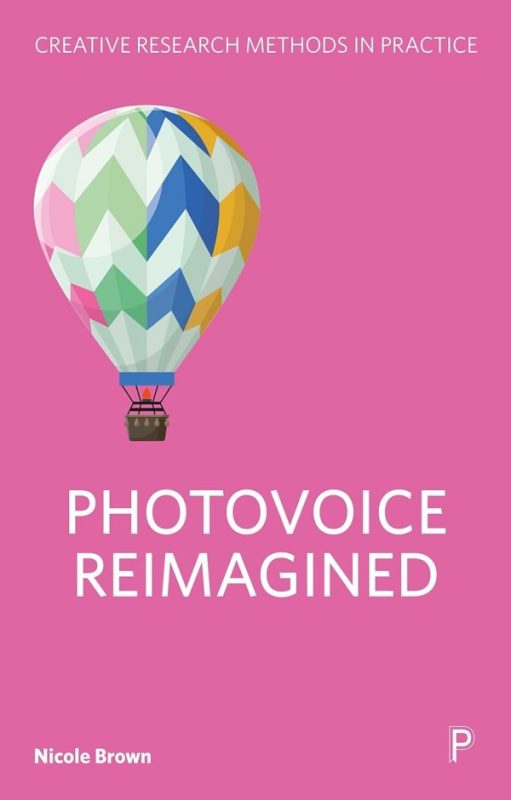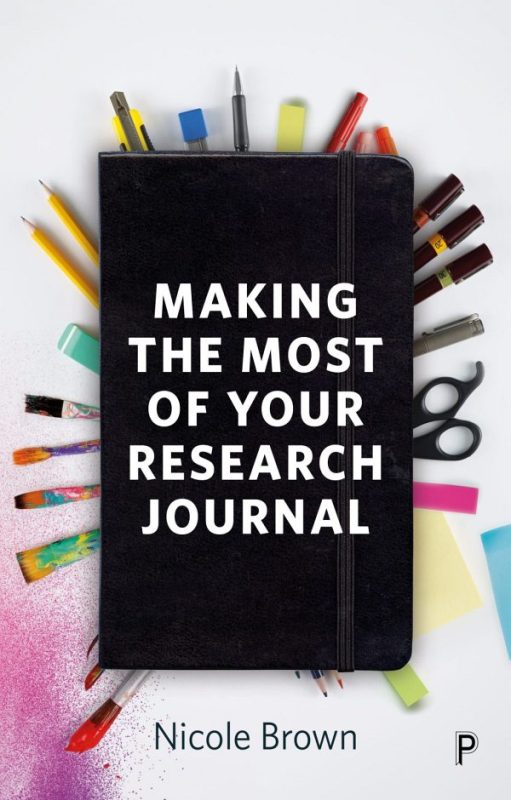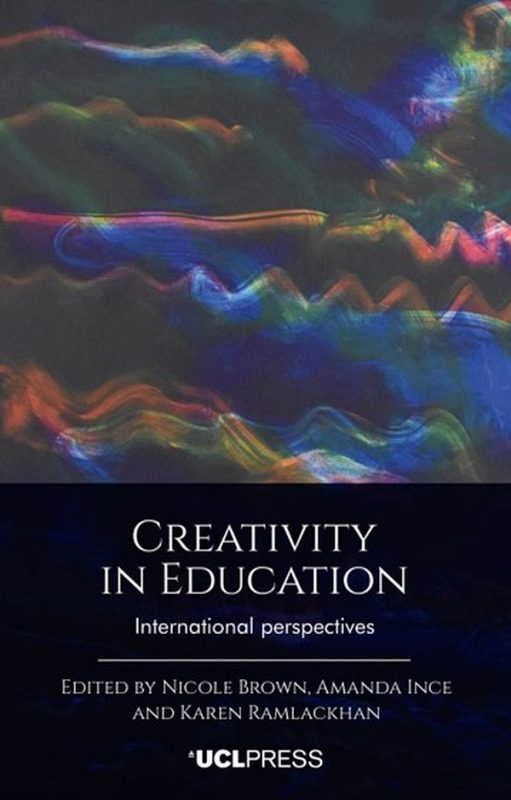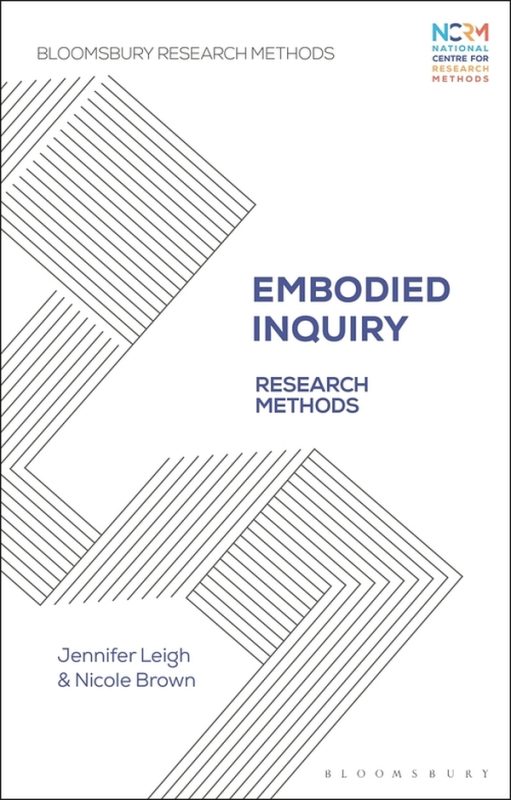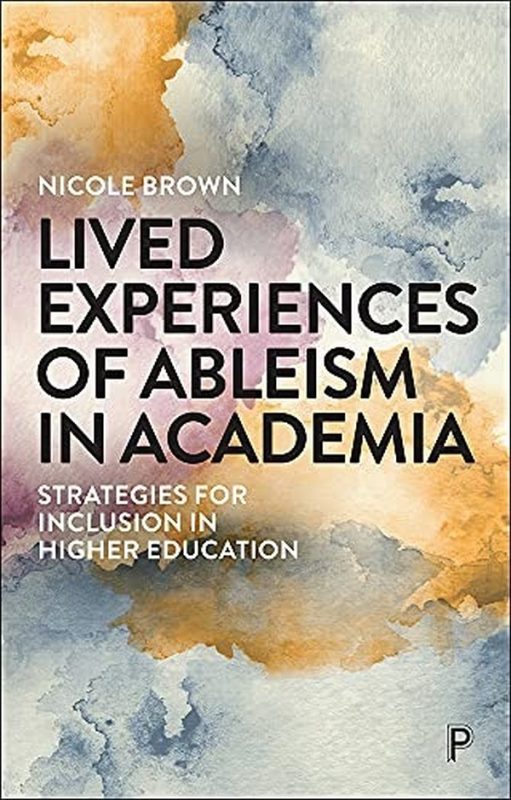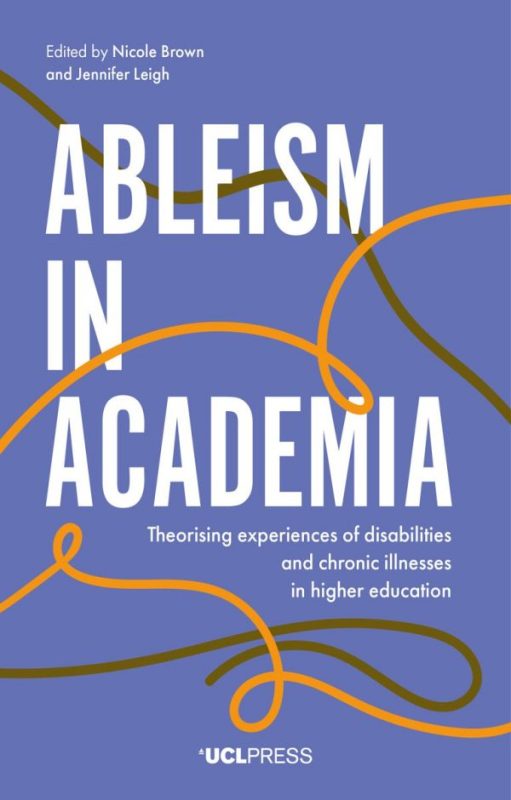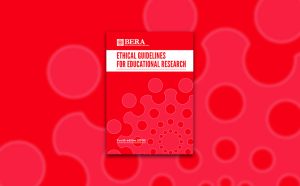
Position papers for BERA (British Educational Research Association)
Here I share my two position papers written as part of the review of the ethical guidelines for the British Educational Research Association.
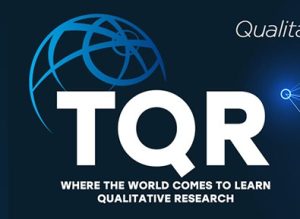
Article: Systematic Visuo-Textual Analysis
This article presents the Systematic Visuo-Textual Analysis, a framework combining visual and textual data in a systematic, analytical approach.

Article: Exploring experiences of ableism in academia
This article presents disabled academics' experiences and collective understandings of ableism as constructed through normalisation and able-bodiedness.
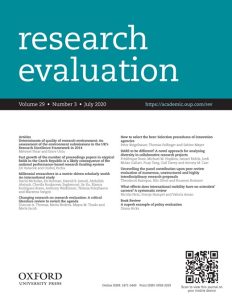
Article: Researcher experiences in practice-based interdisciplinary research
This article discusses researchers' experiences of interdisciplinary research to maximize the benefits of interdisciplinary research.

Ableismus in der Akademie
This post is a link to recordings and write-ups of an ableism event held in German via the Johannes Kepler Universität Linz and Universität für künstlerische und industrielle Gestaltung Linz.
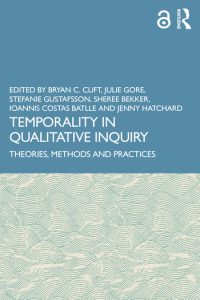
Chapter: Rhythmanalysis to account for time
This chapter draws on Nicole's research on how academic staff with chronic illnesses and disabilities specifically interact with the buildings and what impact the physical environment has on their everyday experience.

Article: “Listen to your gut”: a reflexive approach to data analysis
This paper seeks to exemplify a reflexive approach to data analysis that accounts for the researcher’s positionality as well as the increasingly untraditional, unconventional data stemming from creative data collection methods.

Article: Making academia more accessible
The remit of this paper is to provide practical ideas and recommendations to address accessibility issues in events and conferences as a first step to improving existing working conditions.

Article: Partnership in teacher education
This article is an example of student-staff collaboration within the community of practice of trainee teachers.

Article: Preventing plagiarism and fostering academic identity
This is the link to the PDF version of the article "Preventing plagiarism and fostering academic identity: a practical approach" (Brown and Janssen, 2017).
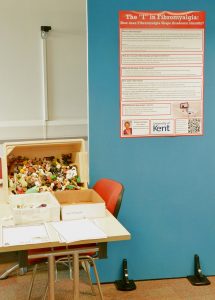
The “I” in Fibromyalgia at the PGFes2016
This is my contribution to the Postgraduate Research Festival, the PGFes2016, at the University of Kent.
Teaching empathy in dance classes
A report about teaching empathy in dance classes

Lesson planning: The hook, a good starter
It may look simple to deliver the hook but in reality planning for the hook should not be underestimated, after all you need something very catching to get your students' attention so they become interested in your lesson.
Grid for systematic reading
Download a grid for systematic reading from here.
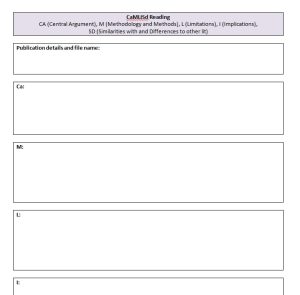
Systematic reading to prepare a literature review
If you read a great range of articles you may find that you cannot remember who said what when and where. Therefore, a systematic approach to reading and taking notes is necessary. It may be helpful to apply the "CaMLISd" grid.
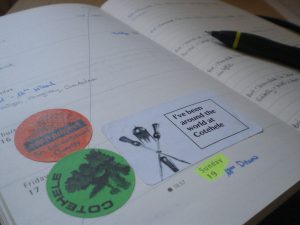
Writing entries in a reflective journal
Writing entries for a reflective journal is often a daunting aspect of teacher training, as we are not used to writing diaries. Here are some thoughts on how to get started with writing reflections.
